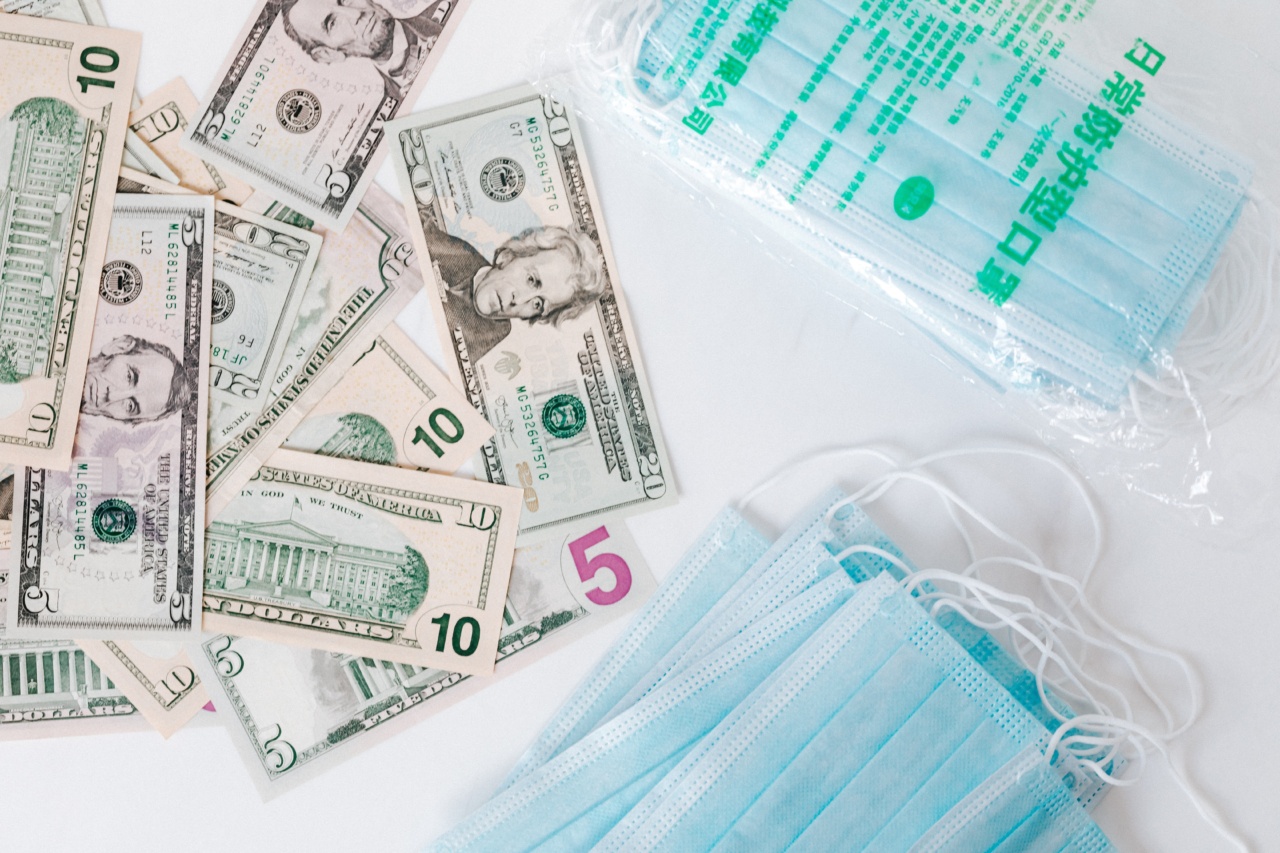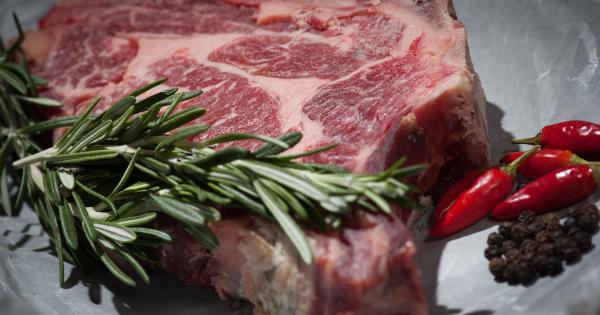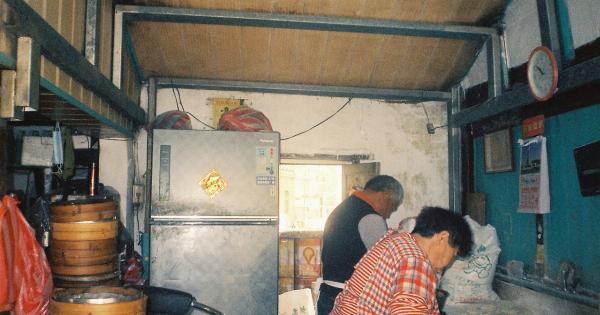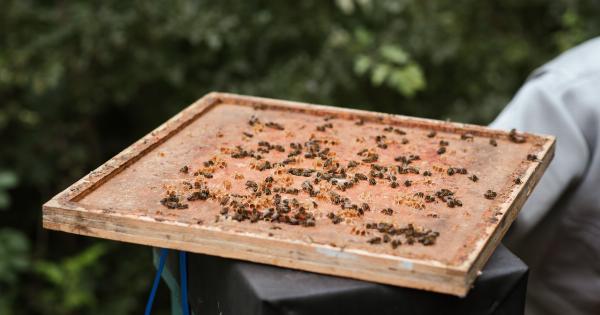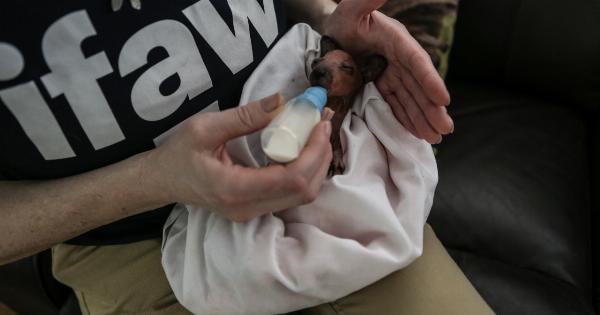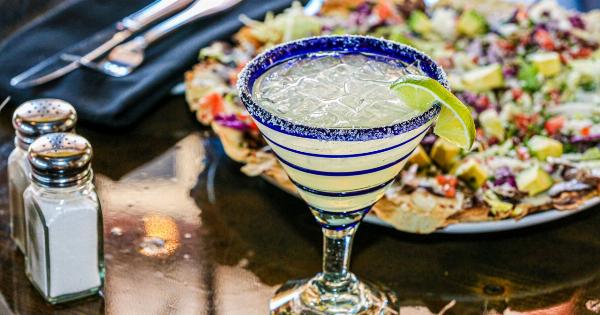Fruits and vegetables are an essential part of a healthy diet. They are packed with essential nutrients, fiber, and antioxidants that help keep your body healthy.
However, most of them are grown in a natural environment, making them vulnerable to contamination by harmful pathogens, pesticides, and other chemicals. That’s why it’s important to wash your produce before consuming them. In this article, we will discuss the benefits of washing your produce and the proper technique to do it.
Benefits of washing your produce
Washing your produce can help remove any harmful pathogens, pesticides, and other chemicals that might be present on its surface. Some of the benefits of washing your produce include:.
1. Reduces the risk of foodborne illnesses
Bacteria like Salmonella, Listeria, and E. coli can find their way onto fruits and vegetables through soil, water, or animal waste. Washing your produce properly can help reduce the risk of foodborne illnesses caused by these pathogens.
It’s especially important for produce that is consumed raw, like salads and fruits.
2. Removes pesticide residues
Pesticides are chemicals used to control pests and diseases in crops. They can have harmful effects on human health, including cancer, reproductive problems, and neurotoxicity.
Washing your produce using the proper technique can help remove pesticide residues present on its surface.
3. Improves flavor and texture
Washing your produce can help remove any dirt and debris present on its surface, enhancing its flavor and texture. It also removes any residual chemicals that might affect the taste of your produce.
The proper technique for washing your produce
Now that we know the benefits of washing your produce, let’s discuss the proper technique to do it. Here are the steps you should follow:.
Step 1: Wash your hands
Before handling your produce, make sure to wash your hands with soap and water to avoid transferring any harmful bacteria onto it.
Step 2: Sort your produce
Sort your produce and discard any damaged or spoiled ones. Remove the outer leaves of leafy vegetables like lettuce and cabbage since they are more prone to contamination.
Step 3: Rinse under running water
Rinse your produce under running water to remove any dirt and debris present on its surface. Use your hands to gently rub the produce while rinsing.
Step 4: Soak in a solution
For produce with a hard surface like apples and cucumbers, soak them in a solution of water and vinegar (3:1 ratio) for a few minutes to help remove any pesticide residues. For leafy vegetables, soak them in a bowl of water for a few minutes.
Step 5: Rinse again with running water
Rinse your produce under running water again to remove any residual solution and any remaining dirt or debris.
Step 6: Dry with a clean cloth or paper towel
Dry your produce with a clean cloth or paper towel to remove any excess moisture. Store your produce properly until ready to eat.
Conclusion
Washing your produce might seem like a small step, but it’s an essential one to keep you and your family healthy. Follow the proper technique to wash your produce and enjoy the benefits of safe and nutritious food.
